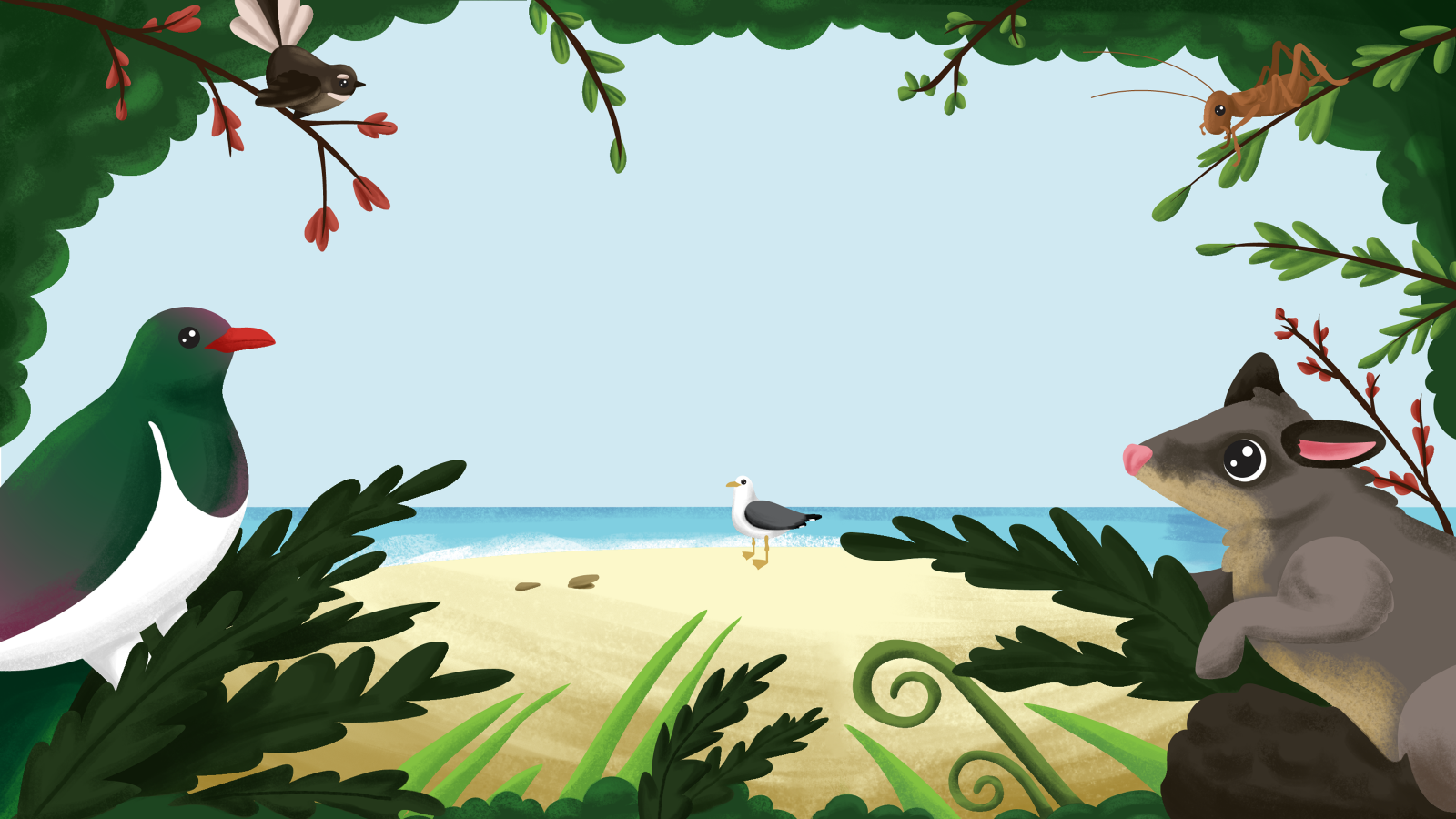
Water quality is declining around Aotearoa, and there are climate change and industry-related threats to our freshwater sources. How can we come together to face these threats?
It’s clear that we must. The 2016 Havelock North campylobacter crisis, where thousands of people were infected by drinking water from contaminated water bores, is one example of what can go wrong if we don’t pay attention to freshwater infrastructure.
“That idea of pure water is something that a lot of New Zealanders hold on to. It links in with ideas of New Zealand being clean and green, 100 percent pure. That clean and green identity is a complete myth,” says Dr Monod de Froideville.
The government’s Three Waters reforms, which bring together management of drinking, storm and wastewater, were intended to help fix our water woes. “I think the process for that hasn’t brought communities along with it, and you need to, if you are taking back decision-making authority,” says Dr Talbot-Jones.
Co-governance has been a sticking point for many around Three Waters, but Dr Talbot-Jones says a co-governance model has precedent in the way the Whanganui River has been managed since it was declared a legal person.
“The voice of the river and its catchment is now represented by two pou, which speak on behalf of the river, for its health and wellbeing. One of those pou has been appointed by Whanganui iwi, and the other by the Crown,” explains Dr Talbot-Jones.
Both academics agree that reform is needed in the way we manage our freshwater to safeguard the health of people and the environment.
“New Zealanders are largely aware of the state of our freshwater. But cleaning it up will be costly, and finding solutions is costly,” says Dr Talbot-Jones. “Nobody wants to bear that cost, and that’s where the problem lies.”
Find out why these academics have hope for a clean, green future.
This podcast was recorded in mid-October 2022.
